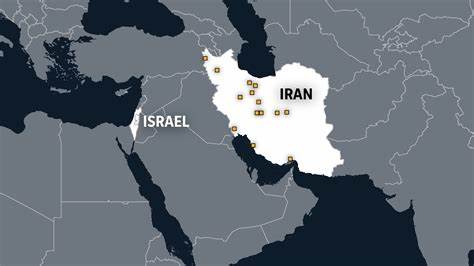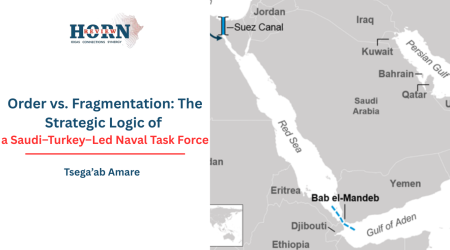
13
Jun
Israel Launches Strikes on Iran’s Military & Nuclear Sites, Iran’s Military Chief Killed
The Middle East is on the brink of a major conflict after Israel launched a series of devastating military actions against Iran, including the assassination of Iran’s Military Chief of Staff and coordinated airstrikes on Iranian military and nuclear facilities. The strikes, which occurred earlier today, also resulted in the deaths of at least eight top Iranian nuclear scientists, according to Iranian sources.
This dramatic escalation comes less than 48 hours after the International Atomic Energy Agency (IAEA) Board formally declared that Iran was in breach of its nuclear non-proliferation commitments – the first such ruling in 20 years. While Israel has long warned that it would act unilaterally if necessary to prevent Iran from acquiring nuclear weapons, today’s events signal the most direct and forceful intervention yet.
The Israeli military confirmed the operation, characterizing it as a defensive measure against what it described as “imminent and existential threats.” The targeted strikes reportedly hit several high-value locations, including military command centers and facilities linked to Iran’s nuclear program.
Iran’s Supreme Leader, Ayatollah Ali Khamenei, issued a swift and stern response, warning that Israel “must expect severe punishment” for what he called a “crime” against the Iranian nation. “They have crossed a red line. Retaliation is inevitable,” he added during a televised address.
In a post on X, the Iranian military stated: “Remember, we did not initiate it.” The statement is being interpreted as both a condemnation of Israel’s actions and a signal that Iran may retaliate – while attempting to frame any future response as defensive.
The killing of Iran’s Military Chief of Staff – one of the most senior figures in the Islamic Republic’s command hierarchy – is viewed as a calculated move to destabilize Tehran’s strategic capabilities. The elimination of multiple nuclear scientists further intensifies the fallout, likely setting back Iran’s technical programs but raising the stakes of the conflict exponentially.
Tensions between Israel and Iran have long simmered over Iran’s nuclear ambitions, ballistic missile development, and support for proxy groups across the region. But today’s events have shifted the confrontation into open warfare, with the real possibility of further escalation in the coming days.
Governments and observers around the world are urging restraint, but few hold optimism for a swift de-escalation. Global markets have already begun reacting to the instability, and several Western embassies in the region have issued travel warnings or initiated evacuations.
The situation remains fluid. Both sides are mobilizing, and the next moves from Tehran and Tel Aviv could define the trajectory of the region for years to come.










